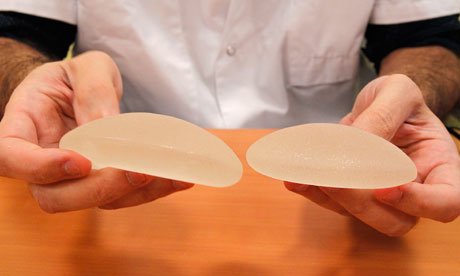"The term "free market" is really a euphemism. What the far right actually means by this term is 'lawless market.' In a lawless market, entrepreneurs can get away with privatizing the benefits of the market (profits), while socializing its costs (like pollution). Uncomfortable with the concept of a lawless market? The far right will try to reassure you with claims that the market can produce its own laws, either as a commodity bought and sold on the market, or through natural market mechanisms like the 'invisible hand' or the Coase theorem. But it is interesting to note that even if entrepreneurs don't take the more likely shortcut of creating their own state, this type of law removes the creation of law from democratic legislatures and gives it to authoritarian business owners and landlords. And since you get what you pay for, 'purchased law' will primarily benefit its purchasers. Society might as well return to aristocracy directly."
-- Steve Kangas
